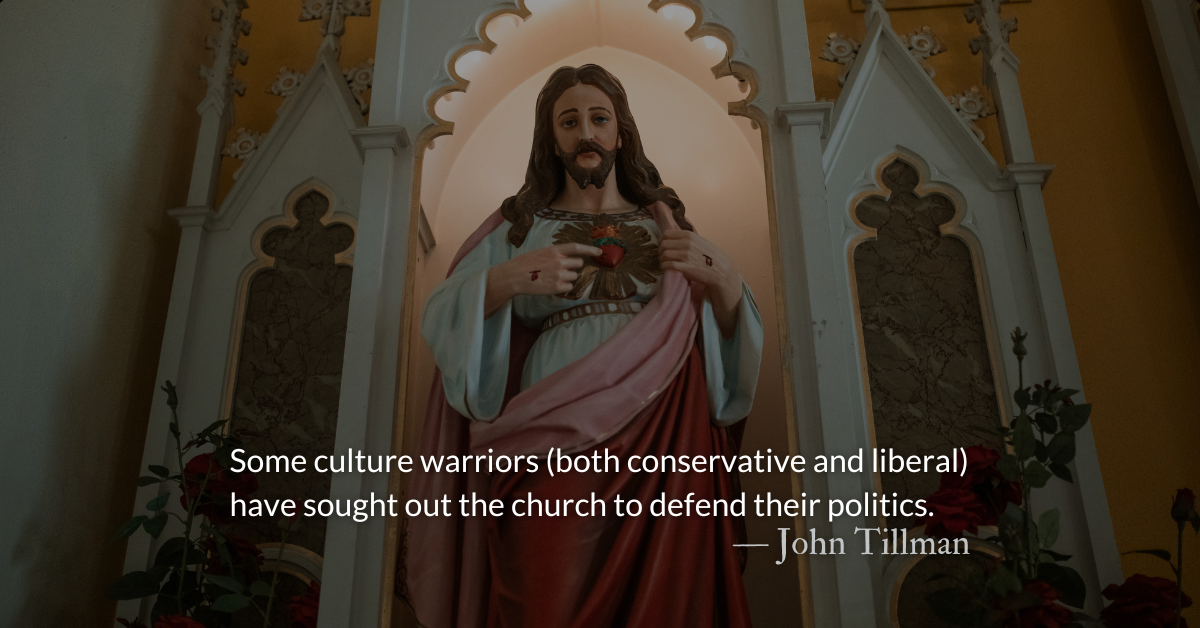Links for today’s readings:
Read: 2 Samuel 4-5 Listen: (7:10) Read: Revelation 14 Listen: (3:51)
Scripture Focus: 2 Samuel 4:10; 5:3
10 “When someone told me, ‘Saul is dead,’ and thought he was bringing good news, I seized him and put him to death in Ziklag. That was the reward I gave him for his news!”
3 When all the elders of Israel had come to King David at Hebron, the king made a covenant with them at Hebron before the Lord, and they anointed David king over Israel.
Reflection: The Bad Timeline
By Erin Newton
This is the bad timeline. This phrase has been used recently regarding the never-ending “breaking news” cycle—filled with stories of war, corruption, suffering, genocide, health crises, financial turmoil, and various other events.
I get the same feeling reading through these first chapters of 2 Samuel. The book opens with the deaths of Saul and Jonathan. War breaks out between the two houses. Joab murders Abner. The sons of Rimmon murder Ish-bosheth.
Once David becomes king, another battle swiftly follows. Jerusalem is captured. David takes more women into his house as concubines and wives, granting him more children over the years. Another war breaks out with his former allies, the Philistines.
In the middle of these chapters, we have the anointing of David—a glimmer of positive news showing that God’s promise was being fulfilled.
God promised David that his rule would never end. For that to be true, David would need a royal title, land to govern, and heirs to inherit the throne. Chapters 4–5 reveal the fulfillment of such a promise. David is crowned. David secures Jerusalem as the center of Judah. David has many children who will be heirs.
But the timeline still looks bad, especially from our contemporary point of view. It is surrounded by, nearly drowned in, death and deceit and warfare. It is not really a pleasant chronology to follow. And for many of us, it’s uncomfortable.
We see God working in the life of David through events that are shrouded in evil motives. We see God working through people who have less-than-ideal resumes.
It is perplexing and frustrating. We might prefer God to work through perfect people in ways that are not covered in the corruption of sin. Let us not forget: He has.
The picture of Jesus should be set against this narrative of David. It is not a crown gained through the mafia-style killing of one’s opponent’s household. It is not a story of succumbing to the temptation, “All this I will give you … if you bow down and worship” (the devil). It is not a story of using one’s power and authority to gather women to him.
Jesus is the suffering servant, crowned with everlasting authority because he is divine. He rules over the creation he made through word alone. He gathers unto him a bride who has chosen to follow him.
Divine Hours Prayer: The Request for Presence
Send out your light and your truth, that they may lead me, and bring me to your holy hill and to your dwelling;
That I may go to the altar of God, to the God of my joy and gladness; and on the harp I will give thanks to you, O God my God. — Psalm 43.3-4
– Divine Hours prayers from The Divine Hours: Prayers for Summer
by Phyllis Tickle
Read more: David—He’s Obnoxious
We should name sin for what it is. Call it out. David was wrong. This is inexcusable. Somehow, in God’s strange working, sinners are still used in God’s plan
Read more: Abishai or Abigail?
Examine your relationship to violence and the ethics of power. Whose mindset do we have? Abigail’s or Abishai’s?






